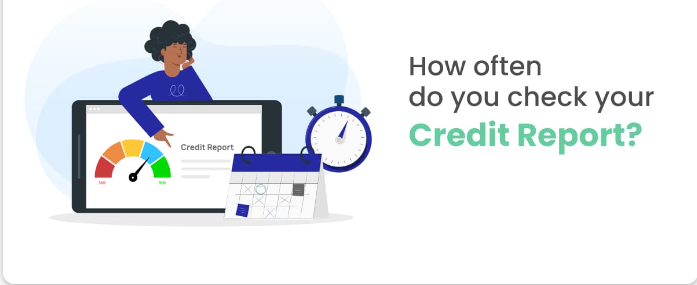Credit Reports: What’s Inside and Why You Should Check Them Regularly
When was the last time you checked your credit report? For many people, the answer is “never” or “not recently.” But here’s the truth: your credit report is one of the most important financial documents you have. It’s not just about numbers it’s a detailed history of how you manage credit, and it can make or break your chances of getting approved for loans, credit cards, apartments, and even jobs.
In this post, we’ll break down what’s inside a credit report and why reviewing it regularly is essential.
What Is a Credit Report?
A credit report is a detailed record of your credit history compiled by the three major credit bureaus: Equifax, Experian, and TransUnion. Lenders, landlords, insurance companies, and sometimes employers use it to assess your financial responsibility.
Think of it as a report card for your financial life it shows how you’ve handled borrowing and repayments over the years.
What’s Inside a Credit Report?
While each bureau’s report may look slightly different, most credit reports include the following:
1. Personal Information
-
Name, date of birth, Social Security number
-
Current and past addresses
-
Employment history
(This section doesn’t affect your credit score but helps identify you.)
2. Credit Accounts (Trade Lines)
-
Credit cards, mortgages, auto loans, student loans, etc.
-
Account types (open, revolving, installment)
-
Credit limits, balances, and payment history
3. Credit Inquiries
-
Hard inquiries: When lenders check your credit for loan or card applications (may affect your score).
-
Soft inquiries: Checks made by you or companies for promotional offers (don’t affect your score).
4. Public Records & Collections
-
Bankruptcies, foreclosures, tax liens (though many liens and judgments have been removed in recent years).
-
Accounts sent to collections agencies.
5. Payment History
-
Record of whether you pay bills on time.
-
Missed or late payments, charge-offs, or defaults.
Why You Should Check Your Credit Report Regularly
✅ Catch Errors Early
Mistakes happen more often than you think—like accounts that don’t belong to you, wrong balances, or payments marked late when you actually paid on time. Errors can drag down your score and cost you opportunities.
✅ Prevent Identity Theft : Credit Reports
If someone opens a fraudulent account in your name, it will show up on your report. Regular checks help you spot suspicious activity before it spirals out of control.
✅ Understand Your Financial Standing: Credit Reports
Your report shows how lenders see you. By reviewing it, you’ll know where you stand before applying for a loan, mortgage, or credit card.
✅ Improve Your Credit Score
By catching issues and developing good credit habits, you can steadily raise your score over time.
How Often Should You Check Your Credit Report?
You’re entitled to one free credit report per year from each of the three bureaus through AnnualCreditReport.com. That means you can check all three once a year or spread them out (one every four months) for continuous monitoring.
Final Thoughts on Credit Reports: What’s Inside and Why You Should Check Them Regularly
Your credit report is more than just paperwork it’s a financial snapshot that lenders, landlords, and even employers may use to make decisions about you. By checking it regularly, you can catch errors, protect yourself from fraud, and take control of your financial future.
Remember: you can’t manage what you don’t measure. Start reviewing your credit reports today to stay one step ahead.


